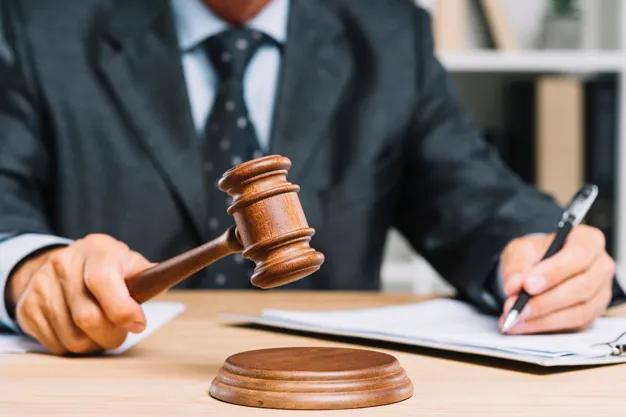
The Supreme Court recently reaffirmed the critical significance of eyewitness testimony in criminal trials, drawing from precedent cases such as Darbara Singh v. State of Punjab (2012) 10 SCC 476 and Anvaruddin v. Shakoor 1990 (3) SCC 266. The Court emphasized the superiority of ocular evidence over the opinions of medical experts, stressing that even if eyewitness accounts lacked intricate details, they held substantial weight in establishing the sequence of events.
In a recent case, Justices Aniruddha Bose and Bela M Trivedi presided over an appeal against a Gujarat High Court decision that had overturned a trial court’s acquittal. The appellant had been convicted under Section 302 of the Indian Penal Code (IPC) for the murder of Jayantibhai on July 10, 1995.
The case centered around Jayantibhai’s brutal killing, resulting from knife injuries sustained during the incident. The First Information Report (FIR) was filed by the deceased’s brother (PW1), alleging that the appellant, along with his father and brother, committed the murder. The prosecution primarily relied on the eyewitness account of PW2 (Parvatiben) and the dying declaration of PW4 and PW5 (the deceased’s brother).
Initially, the trial court acquitted all three accused individuals based on medical evidence. However, the High Court reversed the acquittal and held the appellant accountable. Subsequently, the appellants approached the Supreme Court.
Advocate Mr. D.N. Ray, representing the appellant, referred to the trial court’s observations, which noted discrepancies in the manner of knife blows and the identification of the weapon used in the assault. He strongly argued that the medical evidence presented during the trial clearly indicated that the knife seized as evidence, referred to as “muddamal 9,” could not have caused the fatal injury to the deceased.
The Supreme Court pointed out that the trial court had placed undue emphasis on relatively minor contradictions in witness statements while overlooking the overall testimony of prosecution witnesses. It held that the discrepancies in the number of injuries were not fatal to the prosecution’s case. Furthermore, the prosecution’s case should not be entirely invalidated merely because the autopsy surgeon’s opinion indicated that the recovered knife could not have caused the fatal injuries.
The Court stated, “Just because there were more injuries than the ones narrated by the eyewitness cannot negate the prosecution’s version. In our opinion, the discrepancies pointed out by the appellant are minor ones. An eyewitness to a gruesome killing cannot, in deposition, narrate a blow-by-blow account of the knife strikes inflicted on the deceased as if in a screenplay.”
The Court referred to the judgment in State of H. P. v. Lekh Raj (2000)(1) SCC 247, which emphasized that different witnesses might provide slightly varying accounts of details. The Court noted that unless these contradictions were substantial, they should not be used to reject the entire body of evidence.
Regarding discrepancies, the Court summarized the principle, stating, “There are bound to be some discrepancies between the narrations of different witnesses when they speak on details, and unless the contradictions are of a material dimension, the same should not be used to jettison the evidence in its entirety. Incidentally, corroboration of evidence with mathematical niceties cannot be expected in criminal cases.”
The bench stressed that the evidence provided by eyewitnesses and post-occurrence witnesses was consistent and sufficiently supported the prosecution’s account of events.
In light of these considerations, the Supreme Court upheld the conviction and dismissed the appeal, cautioning against undue reliance on speculative doubts and citing Gurbachan Singh v. Satpal Singh (1990).
The Court ordered, “We, accordingly, dismiss this appeal. We are apprised that the appellant is on bail. His bail bond shall stand canceled, and the appellant is directed to surrender before the trial Court within a period of four weeks.”
Case Title: Rameshji Amarsingh Thakor v. State of Gujarat.



